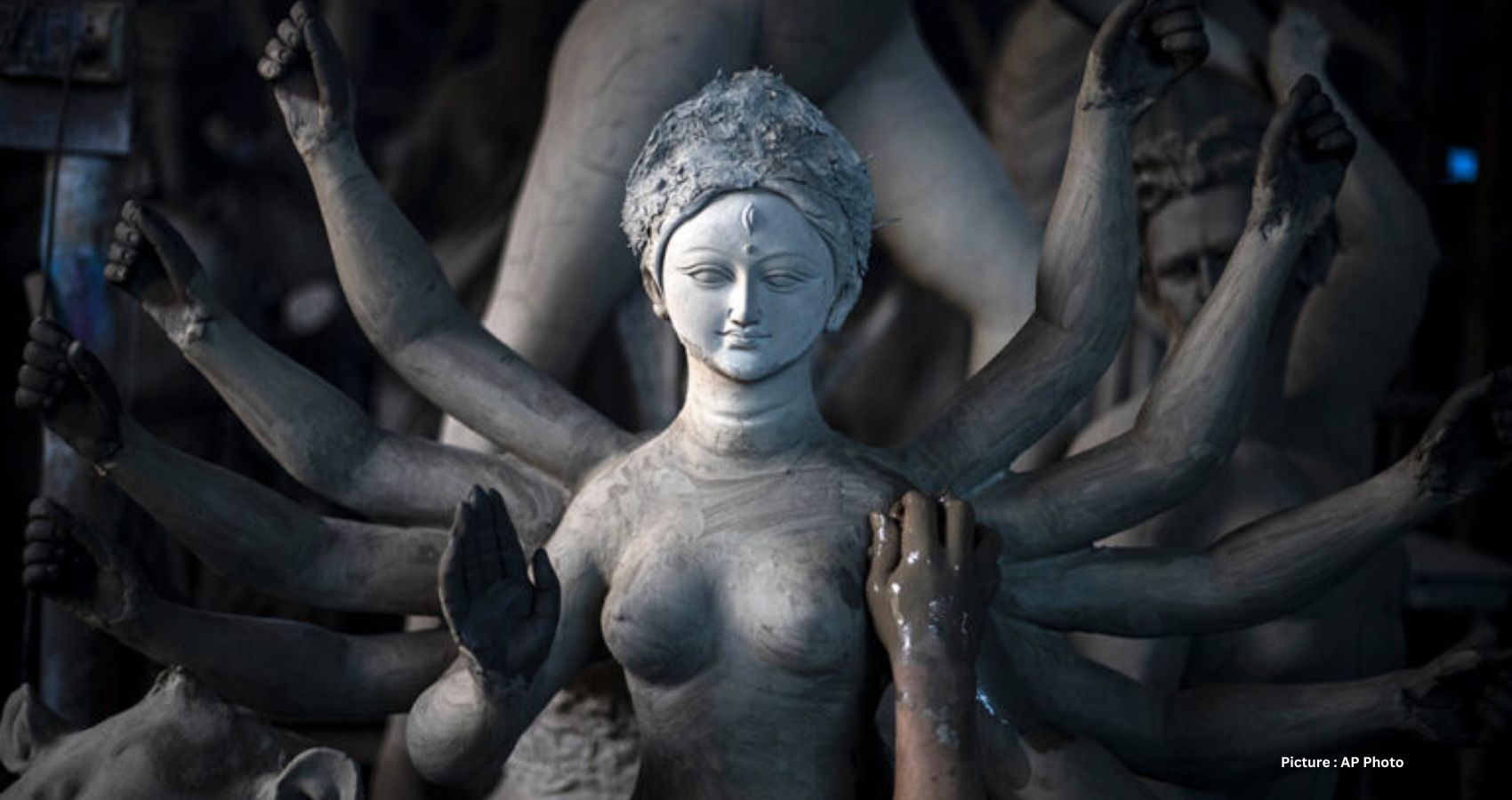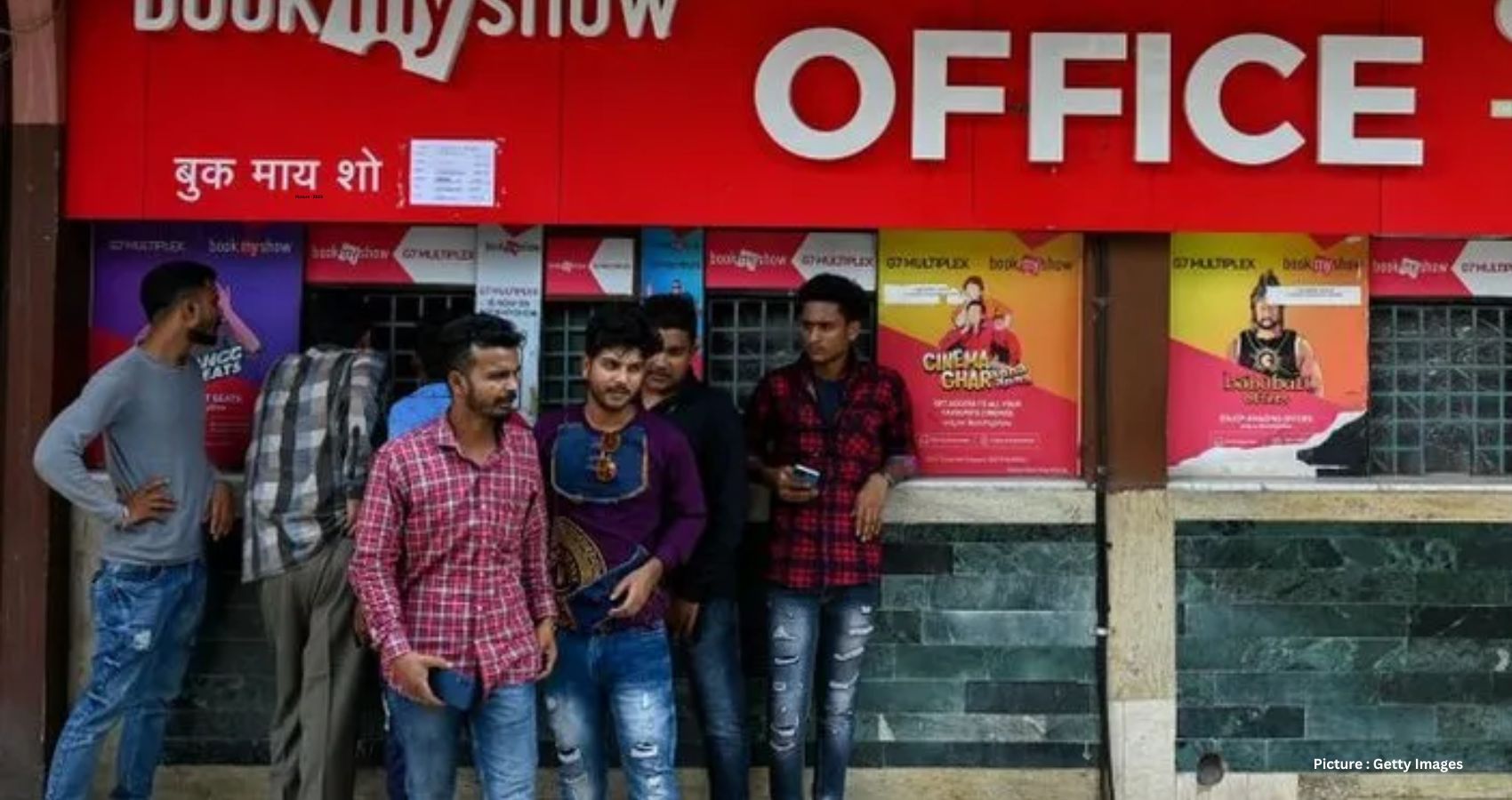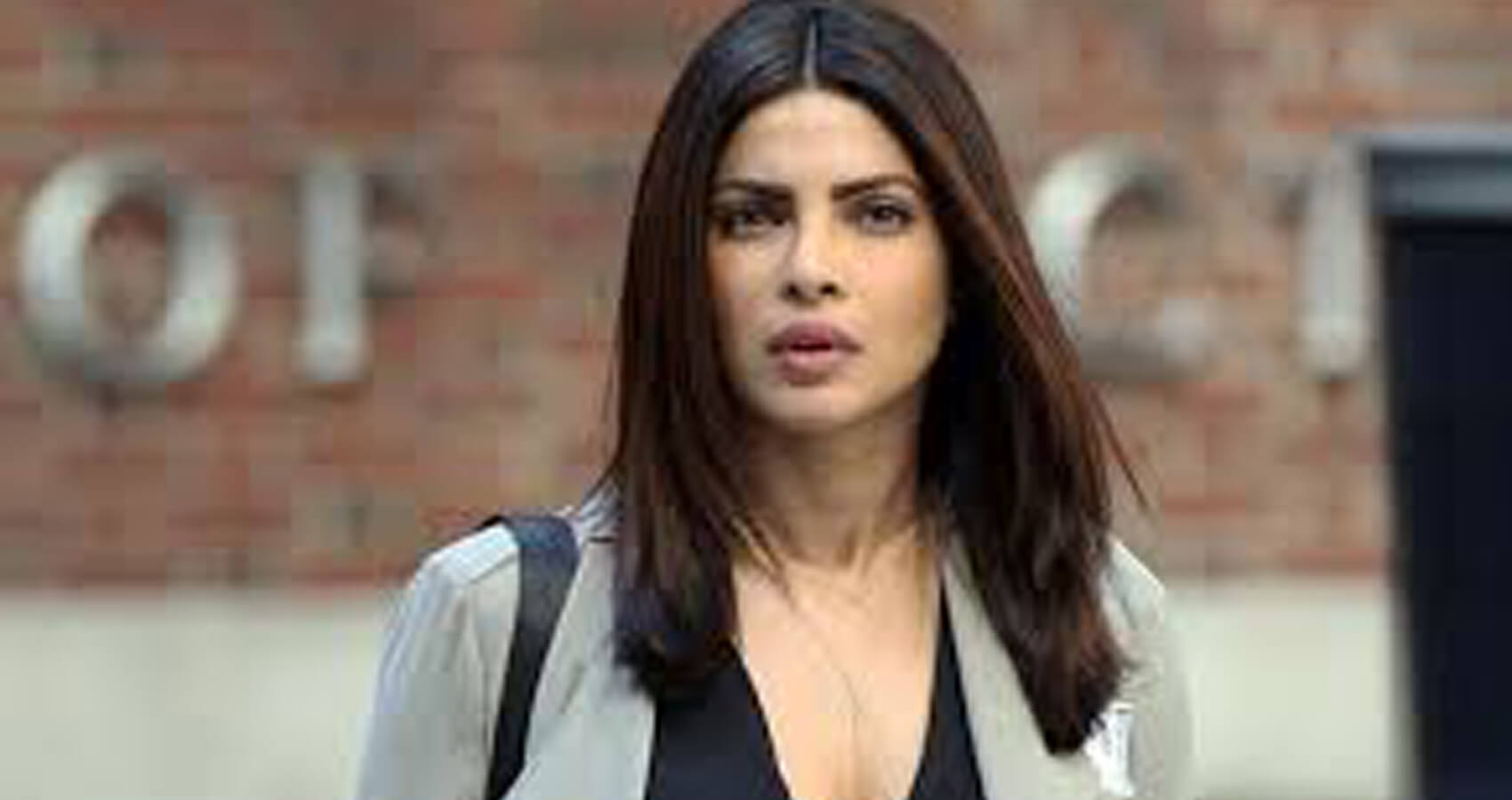Preity Upala has lived a diverse life, transitioning from an investment banker in Australia to pursuing her passion for film in the United States, where she starred in both Bollywood and Hollywood productions, before settling as a film producer and podcast host in Los Angeles. Alongside her entertainment career, she is sought after as a global strategist for her insights into international diplomacy and foreign policy. Upala, a Hindu, sees her various endeavors as harmonious, drawing inspiration from the multifaceted aspects of the divine feminine within her tradition.
In her words, “The goddess worship is so prevalent in our culture, but the goddess has many faces. There are many goddesses. It’s not just the devout wife or devotee, it is the fierce Kali or the Saraswati, who is all about knowledge.”
She emphasizes the concept of Shakti, the primordial cosmic energy embodying the divine feminine, which flows through all beings, manifesting in diverse forms. “That Shakti, the life force, moves through us and it shows itself in different forms,” Upala explains, reflecting on her own experiences.
Hindu women, like Upala, often seek guidance on modern feminism from ancient scriptures. “The beauty with Shakti is, she doesn’t need to give herself up in order to fight for space,” she says. “She holds her own, she knows her place, and no one’s gonna take that away from her. Her job is just to shine and be glorious.”
The concept of feminine power has deep roots in Hindu philosophy, with Shakti regarded as the force from which the universe emanates, akin to a nurturing mother birthing her children. Hindu theologian Rita Sherma elaborates on the dynamic nature of the feminine divine, which transcends gender binaries, encompassing attributes ranging from aggression to nurturing.
Sherma underscores the complementary relationship between masculine and feminine energies, emphasizing the importance of both. “The two are complementary binaries,” she explains. “The feminine divine is certainly dynamic and creative, even in gentle-appearing feminine divine like Radha.”
Like Upala, Sherma experienced a career shift, attributing her transformation to the guiding force of Shakti. She advocates for the reclamation of scriptures such as the Devi Mahatmya, highlighting their empowerment of women throughout history.
Shakti Redding, a yogi and mystic psychologist, recounts her journey of embracing the feminine divine after encountering the Devi Mahatmya and Tantra philosophy. Renaming herself Shakti, she found solace and empowerment in reconnecting with nature and the divine feminine.
Reflecting on her personal struggles, including a terminated pregnancy, Redding emphasizes the healing power of Shakti, which enabled her to overcome grief and shame. She stresses the importance of acknowledging women’s collective experiences and potential for forgiveness and reconciliation.
Redding elucidates the significance of the Tandava, the traditional dance of Shiva and Shakti, symbolizing the balance of feminine and masculine energies in life. She believes that understanding this balance is crucial for healing societal divides and fostering unity.
Upala echoes Redding’s sentiments, advocating for a return to authentic expressions of masculinity and femininity rooted in Hindu principles. She emphasizes the need for men to embrace the divine feminine and support women’s empowerment.
She envisions a future where Hindu women assert their voices and contribute positively to society. “We don’t have to learn or relearn anything,” Upala asserts. “The knowledge is actually in us. And it is for us to enjoy, celebrate and actually share that to the world.”






 The most serious crisis on the India-China border in years has erupted while Beijing is embroiled in disputes over the South China Sea, Taiwan and its tightening grip over Hong Kong, which have all fanned fears of an expansionist policy. In a separate development, India‘s power ministry stipulated that Indian companies will need government permission to import power supply equipment and components from China, amid rising military tensions between the two countries. In Beijing, a spokesperson for the Chinese foreign ministry
The most serious crisis on the India-China border in years has erupted while Beijing is embroiled in disputes over the South China Sea, Taiwan and its tightening grip over Hong Kong, which have all fanned fears of an expansionist policy. In a separate development, India‘s power ministry stipulated that Indian companies will need government permission to import power supply equipment and components from China, amid rising military tensions between the two countries. In Beijing, a spokesperson for the Chinese foreign ministry 